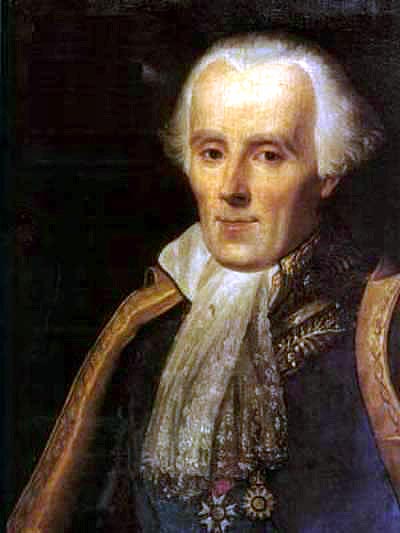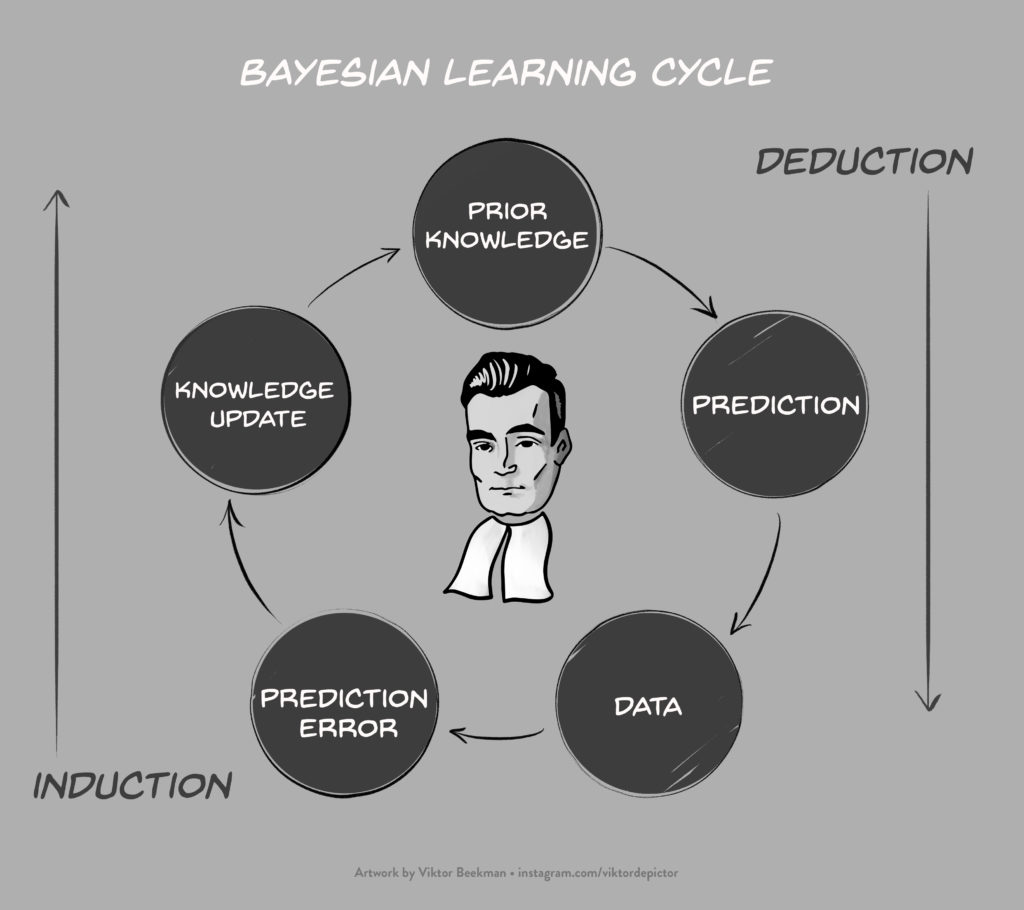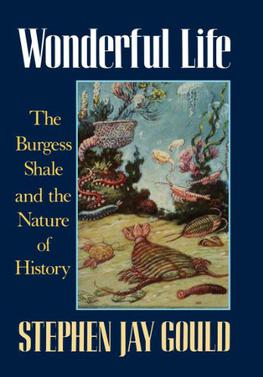Transparency and The Need for Short Sentences

Recently I came across an article by Morton Ann Gernsbacher, entitled “Writing empirical articles: Transparency, reproducibility, clarity, and memorability” (preprint). The author covers a lot of ground and makes a series of good points. Also, as one would hope and expect, the article itself is a joy to read. Here is a fragment from the section “Recommendations for Clarity” —…
read more





